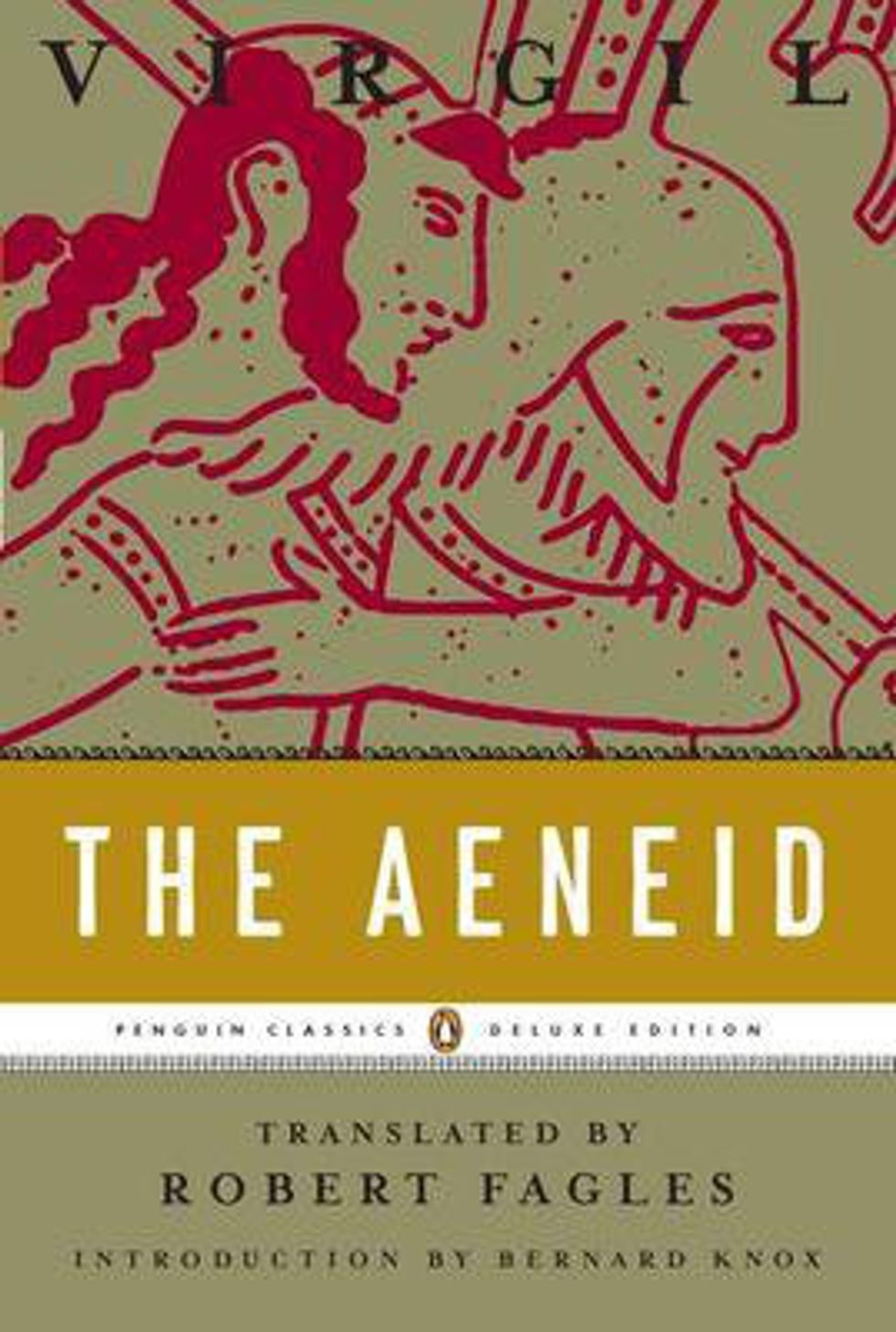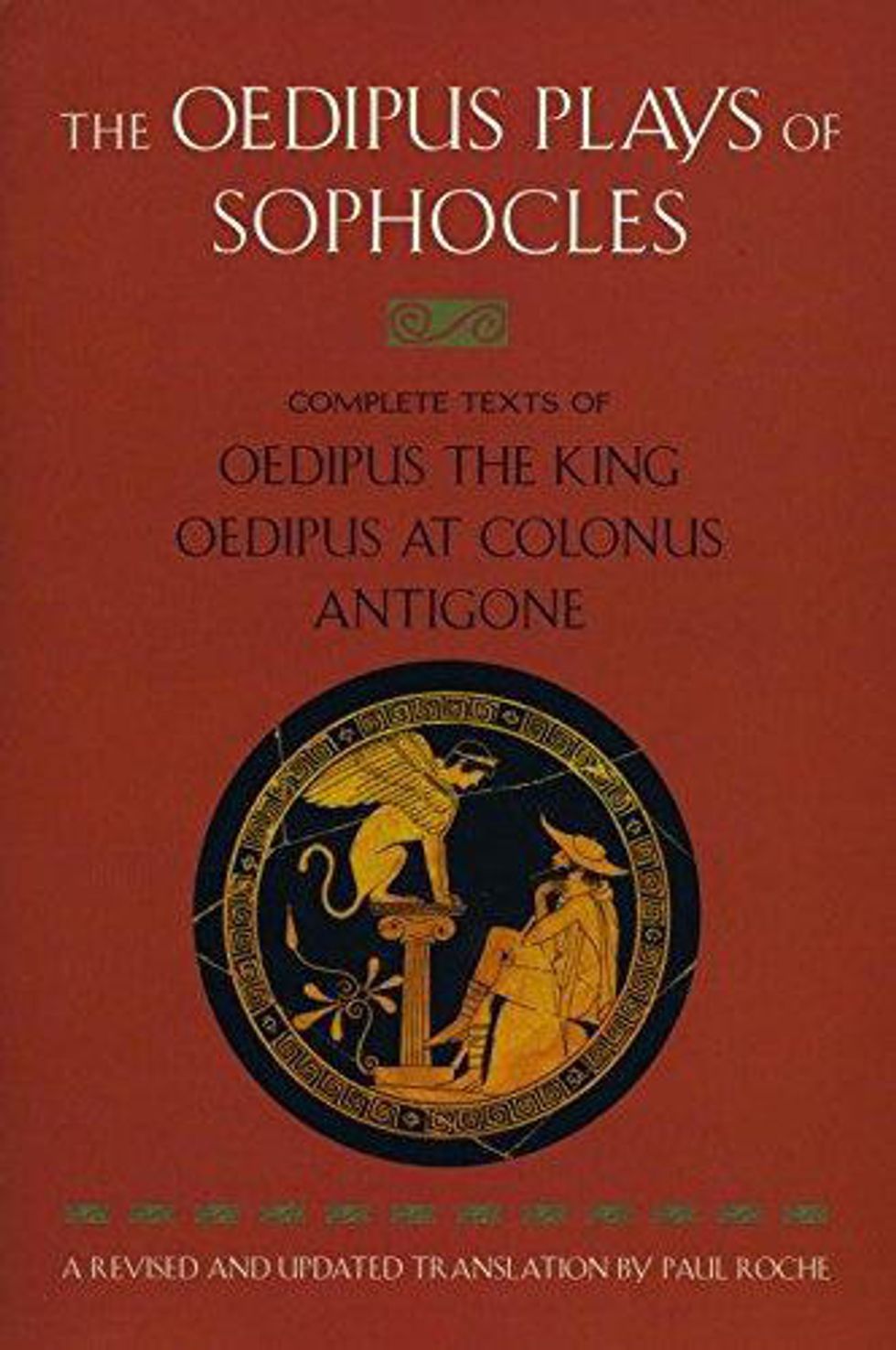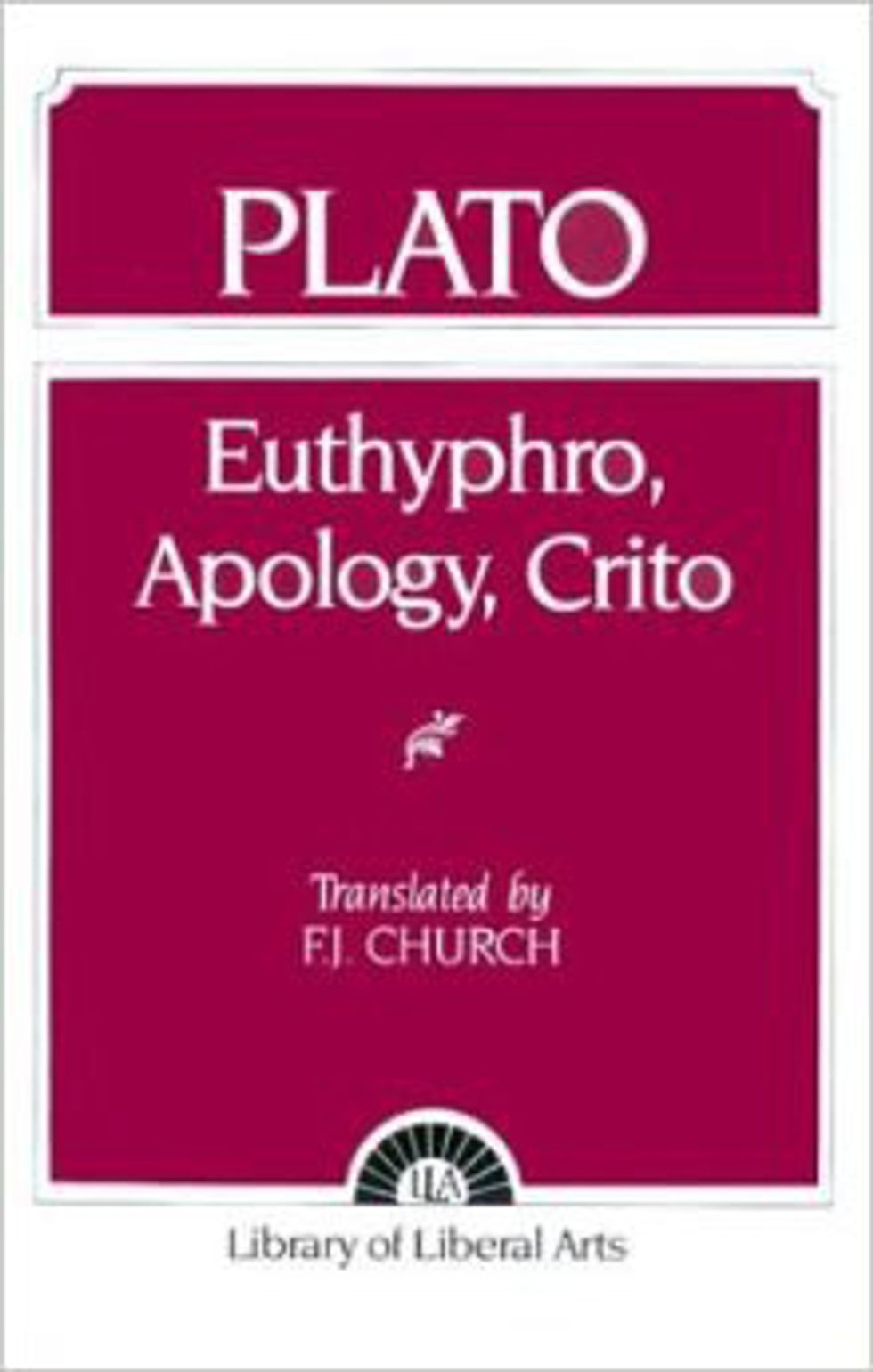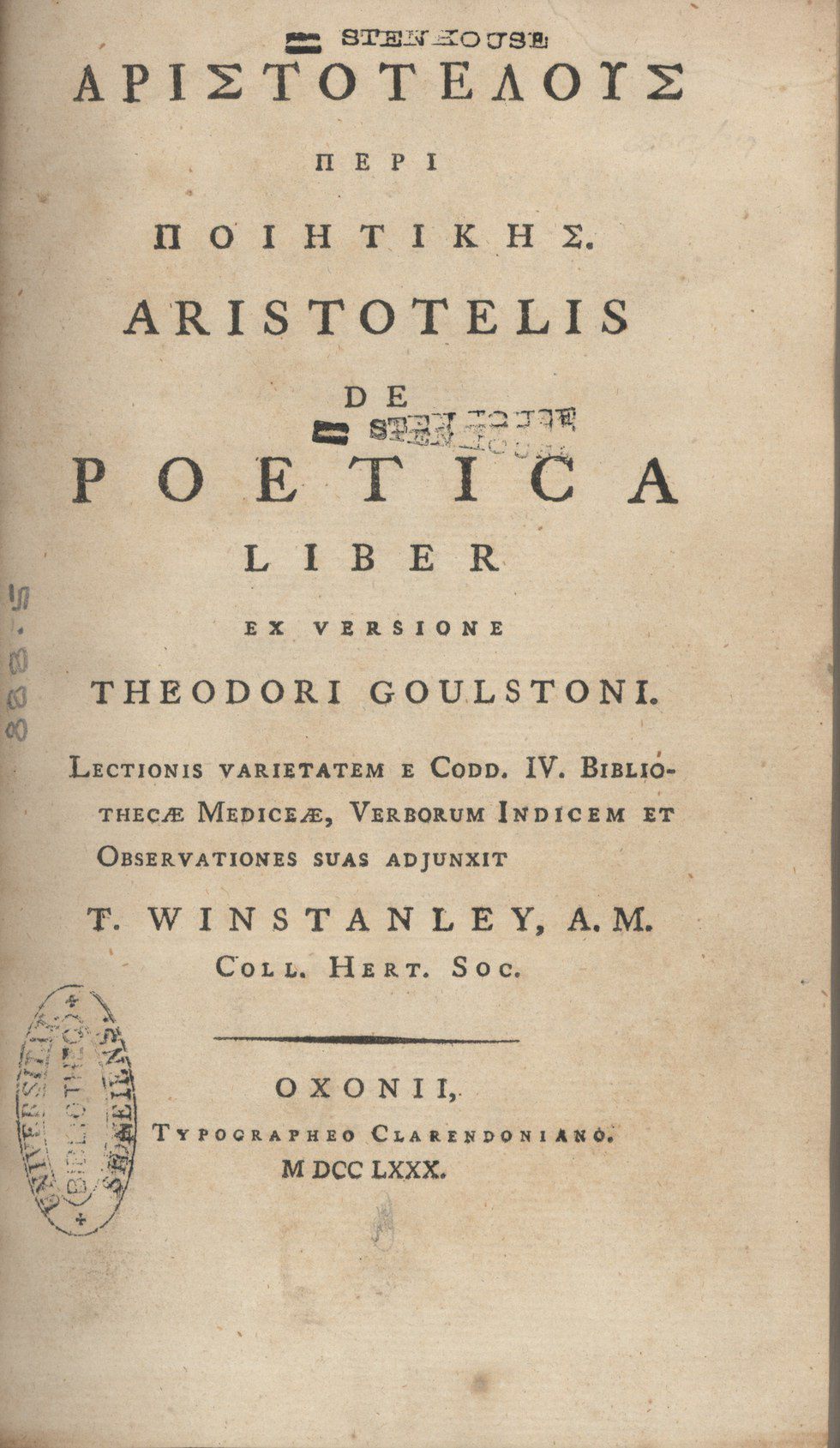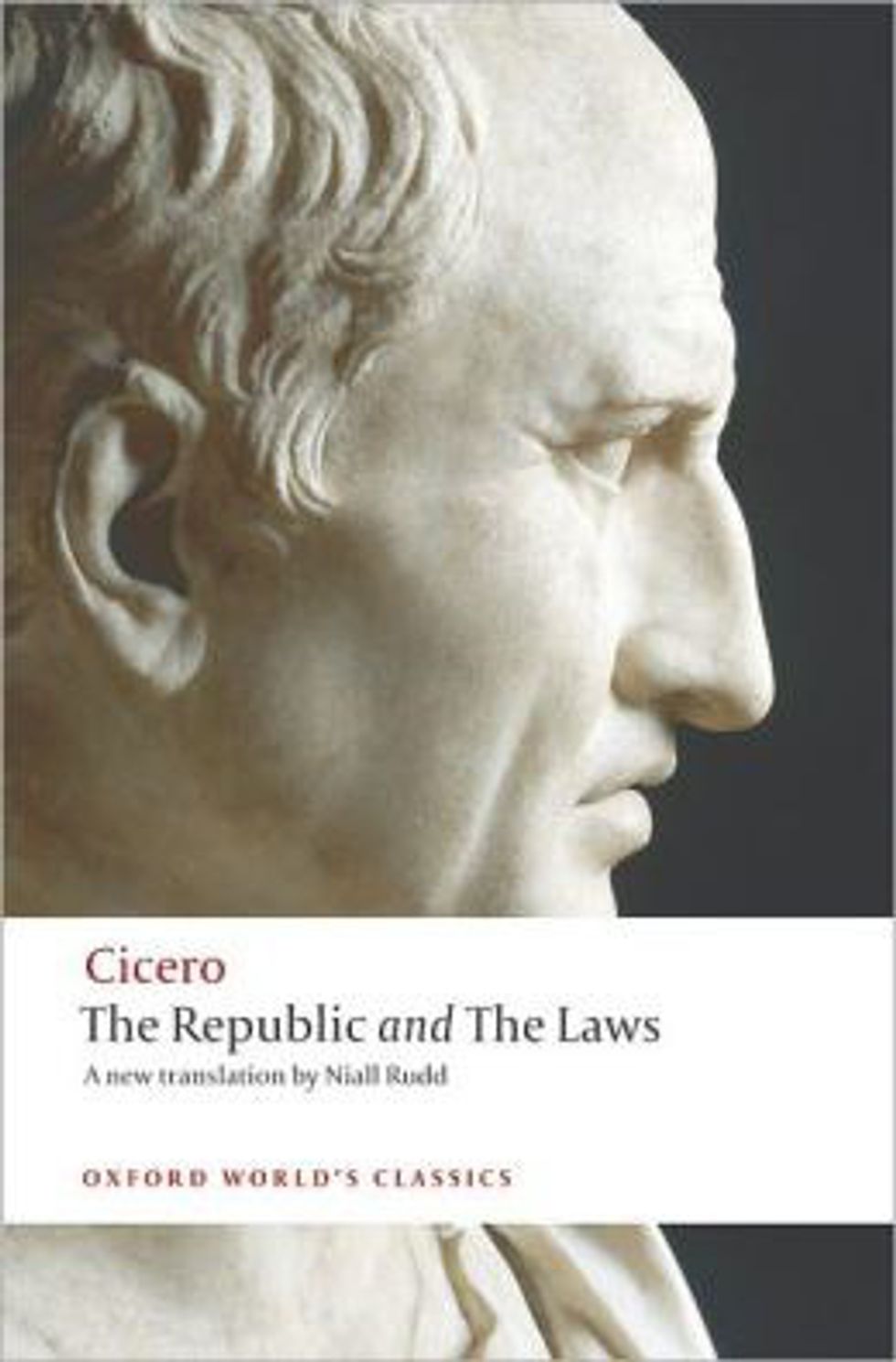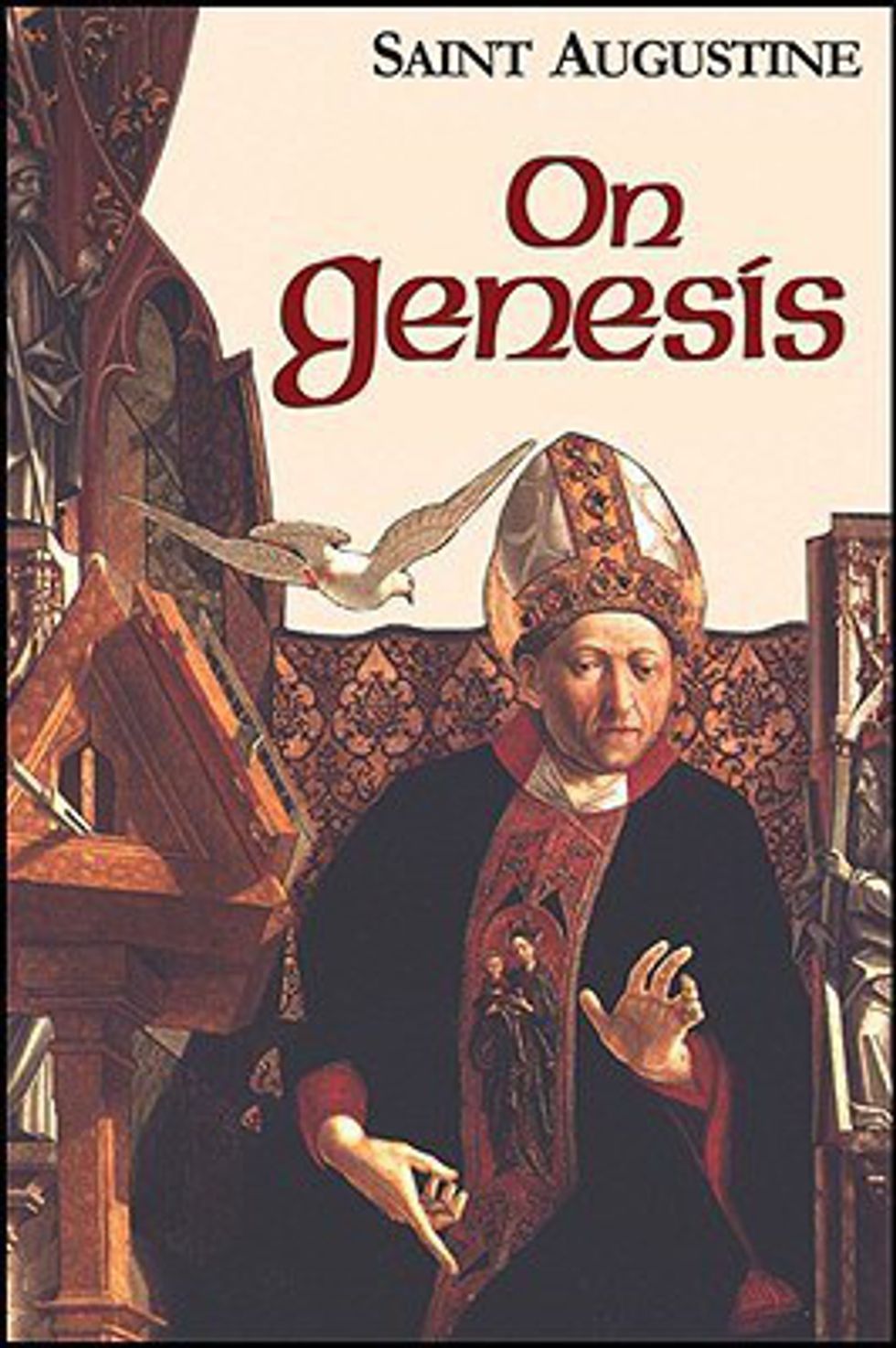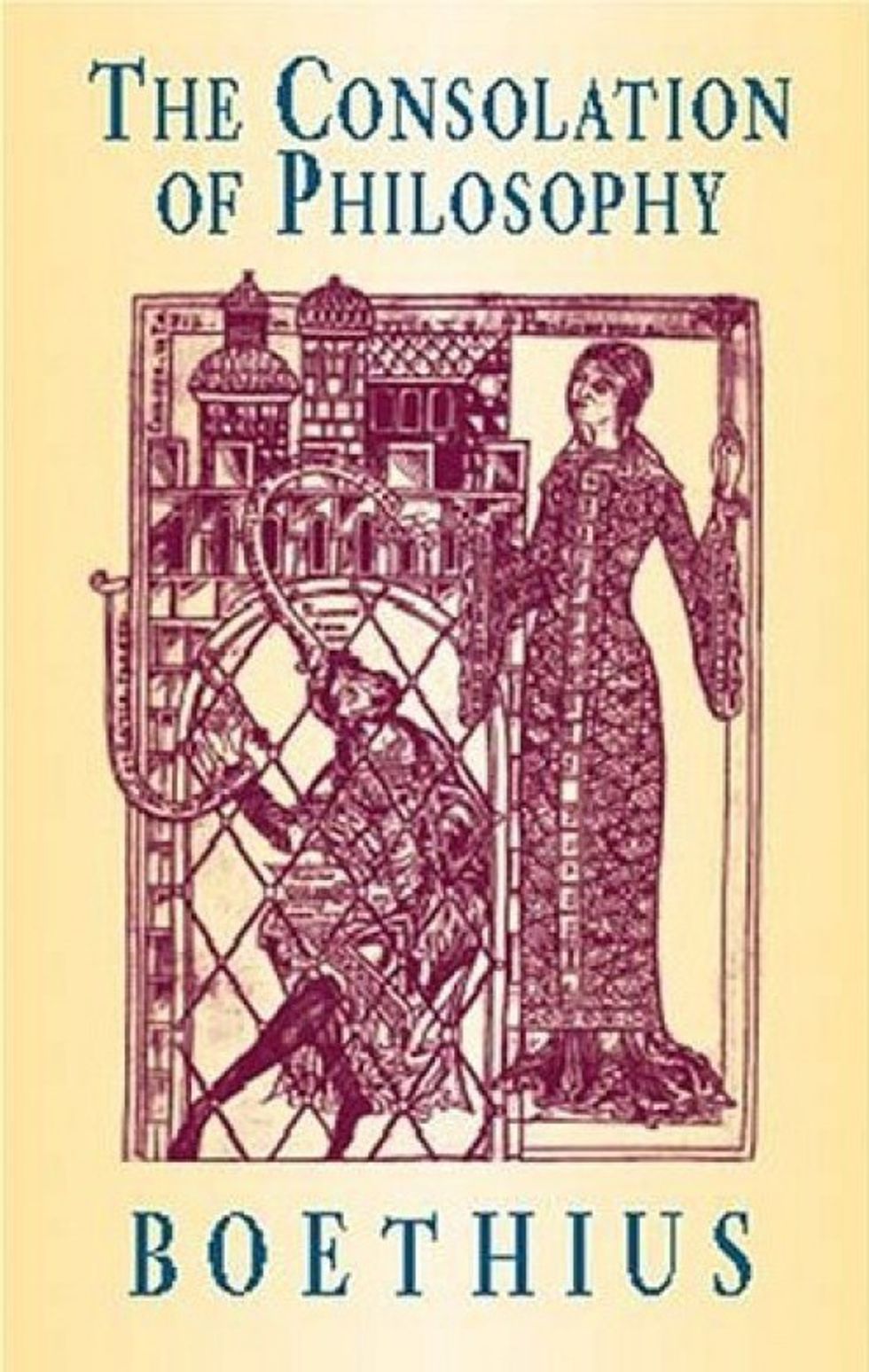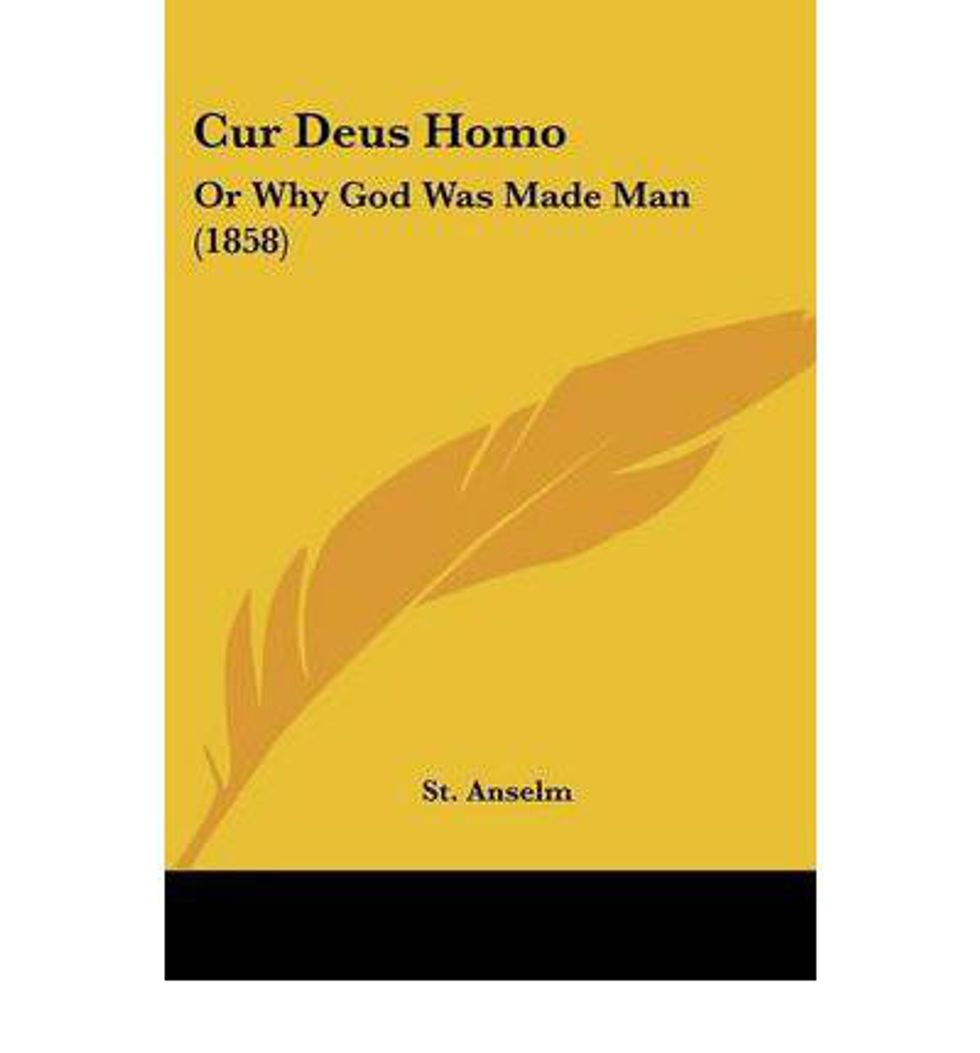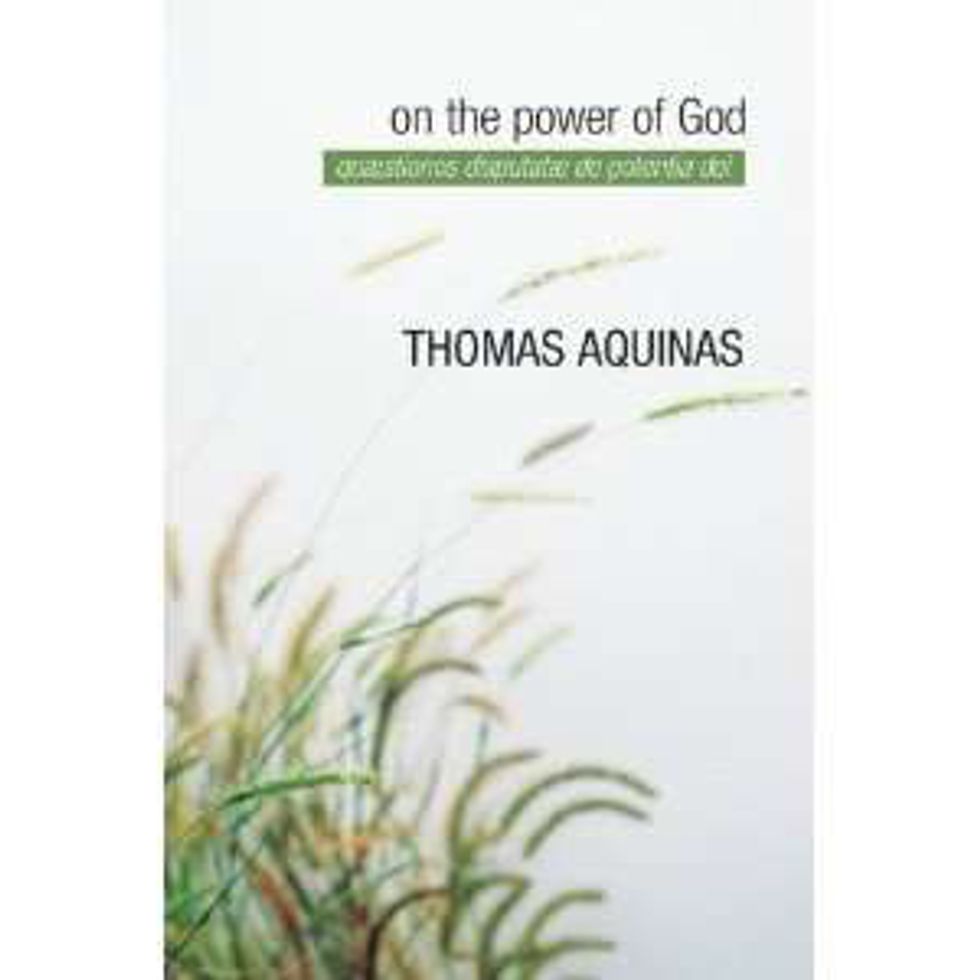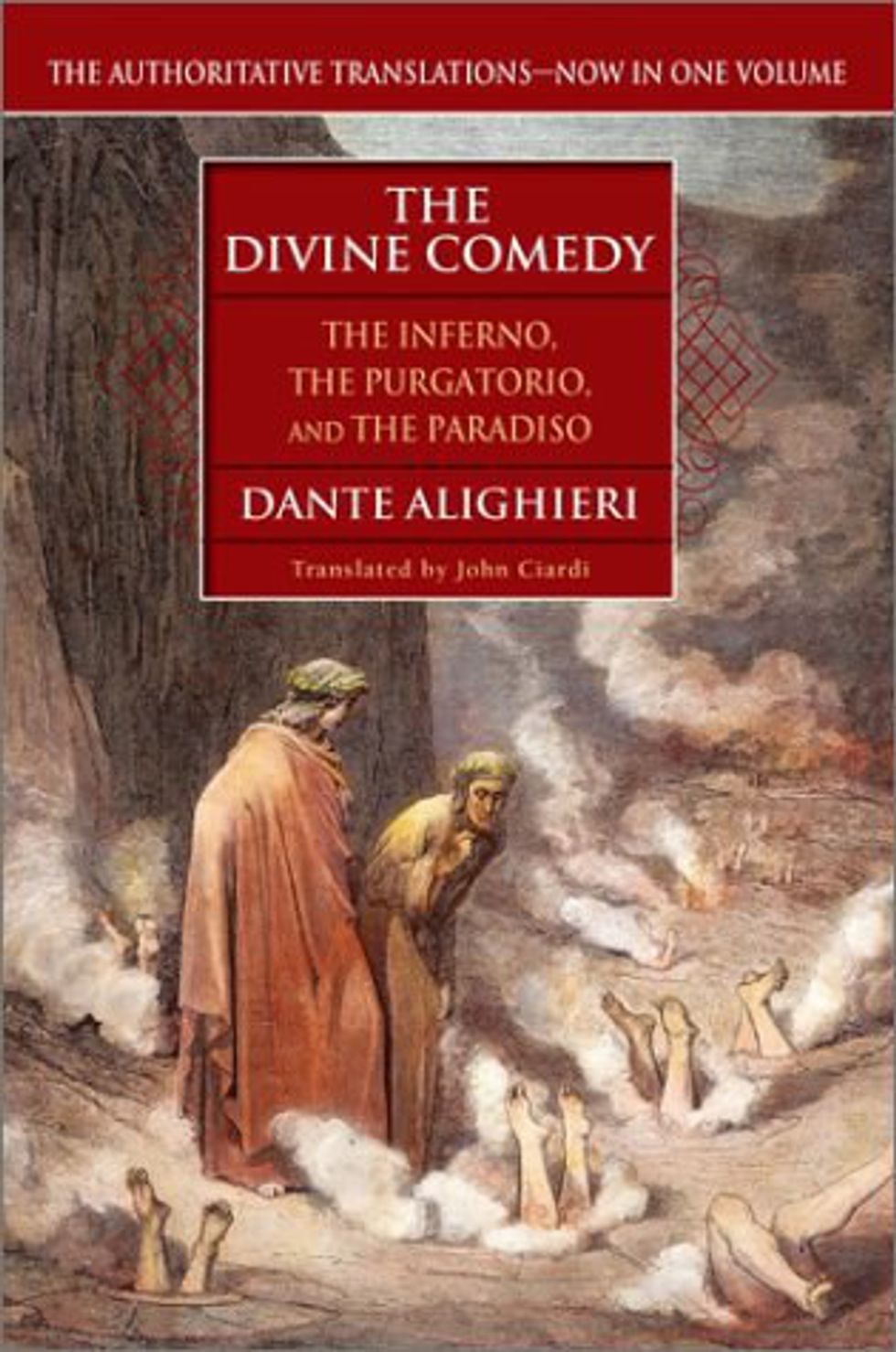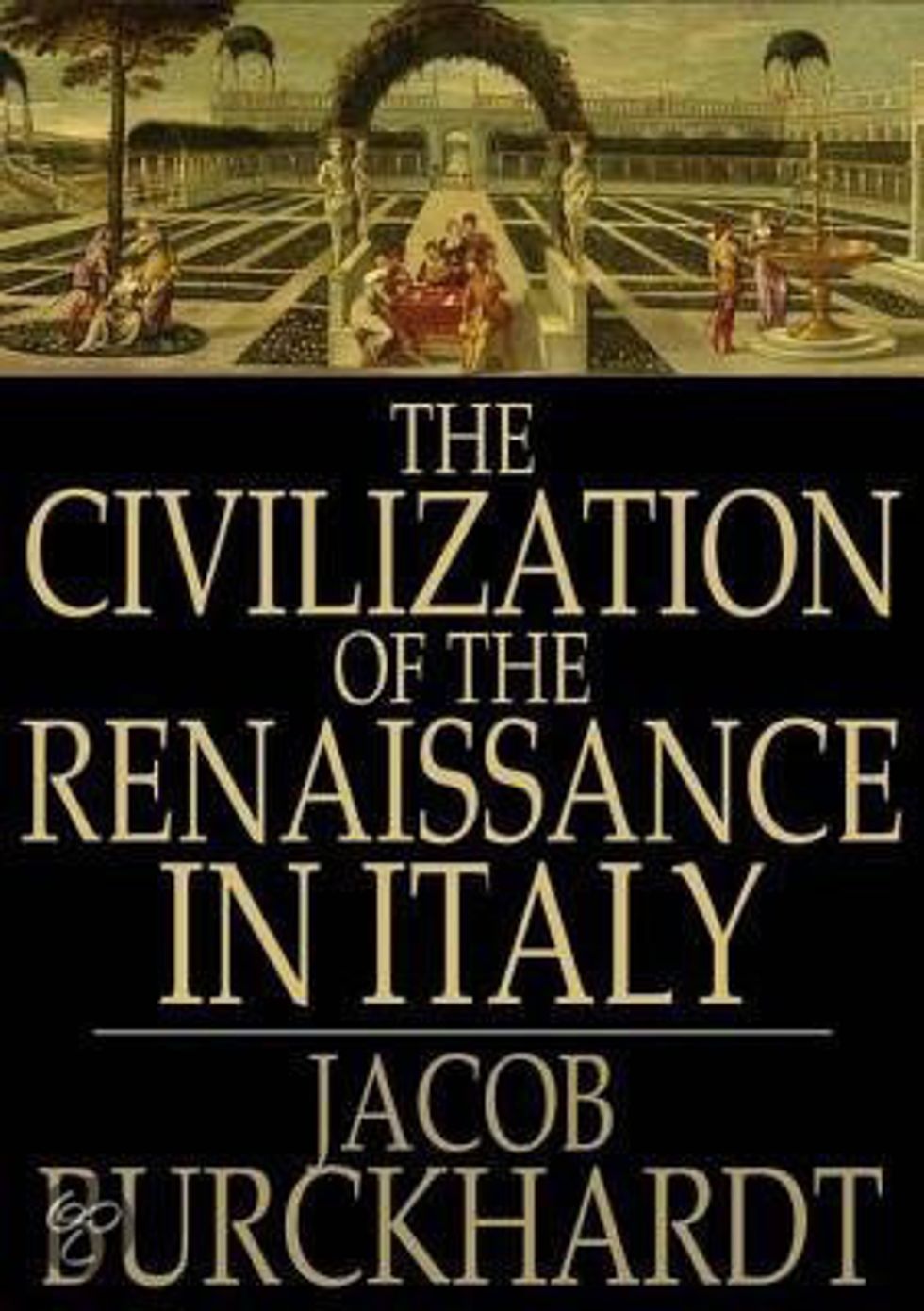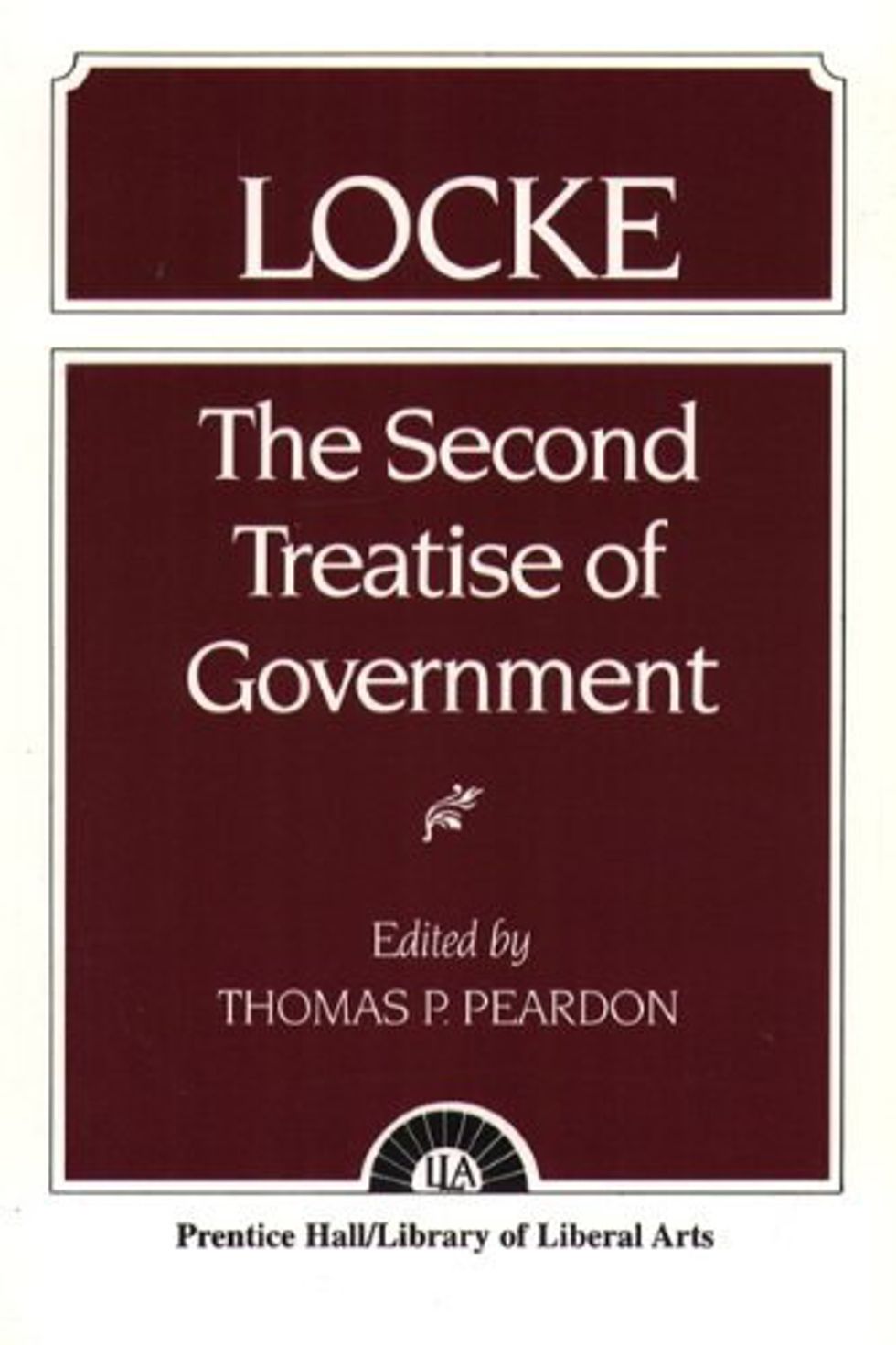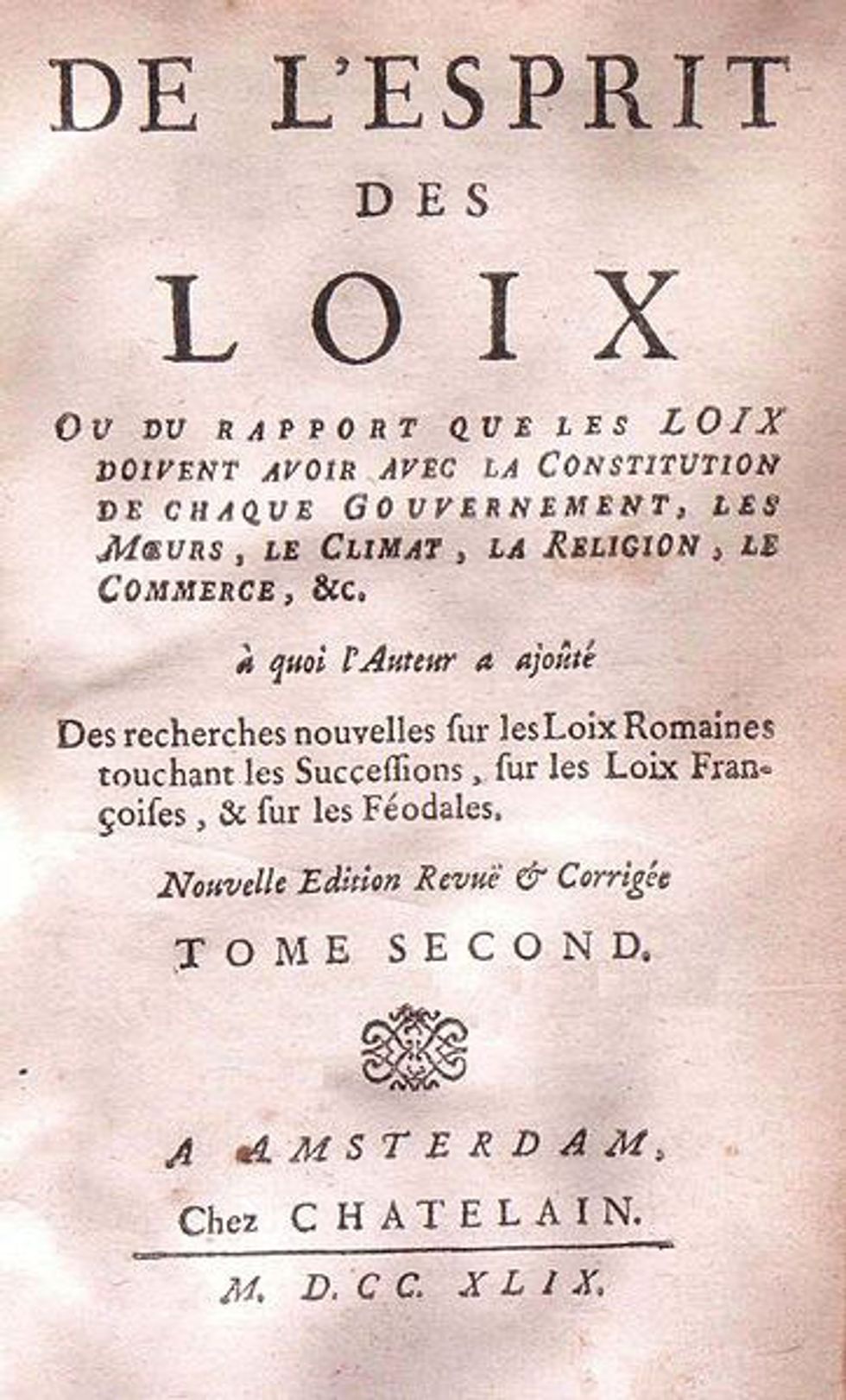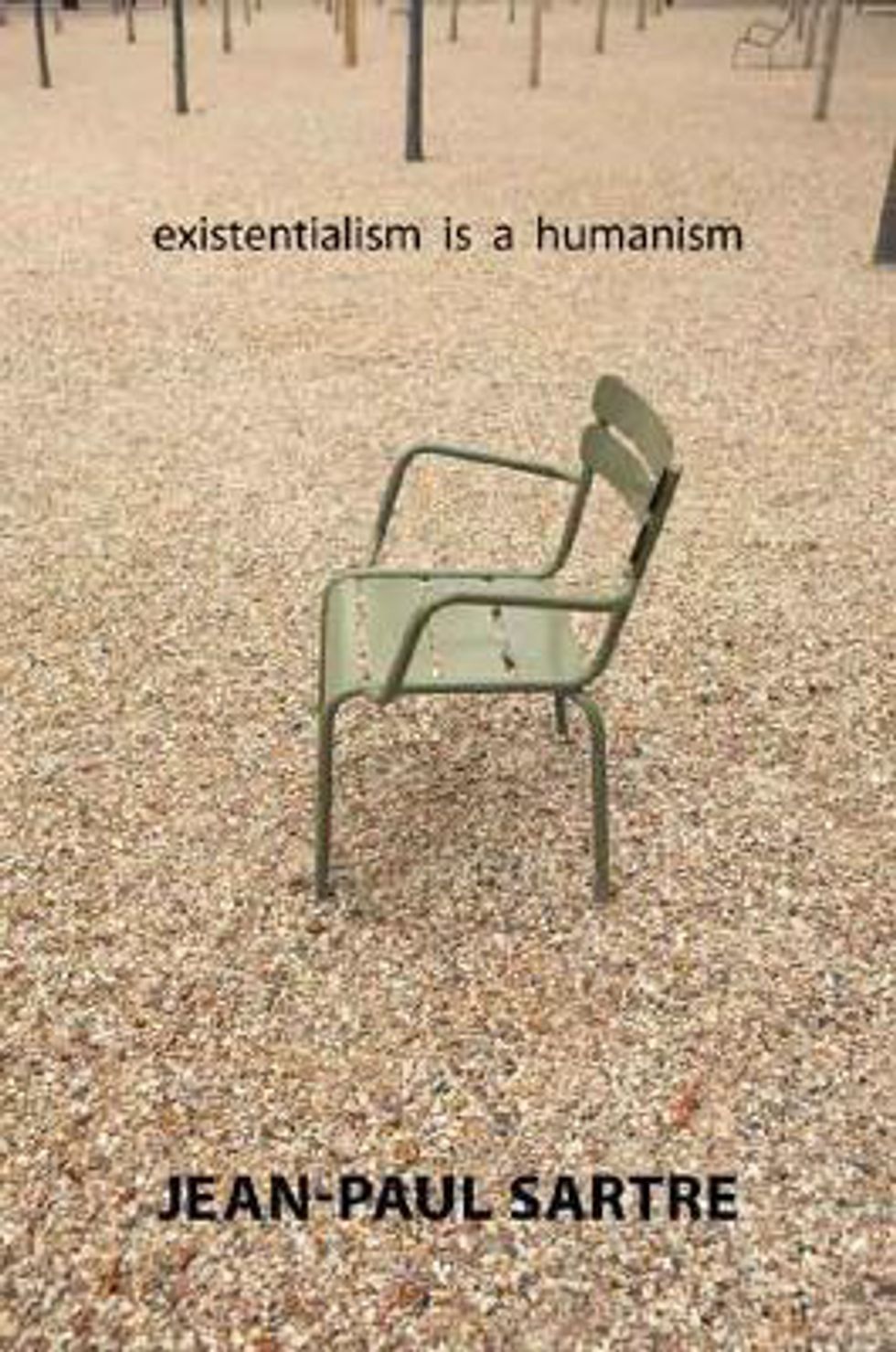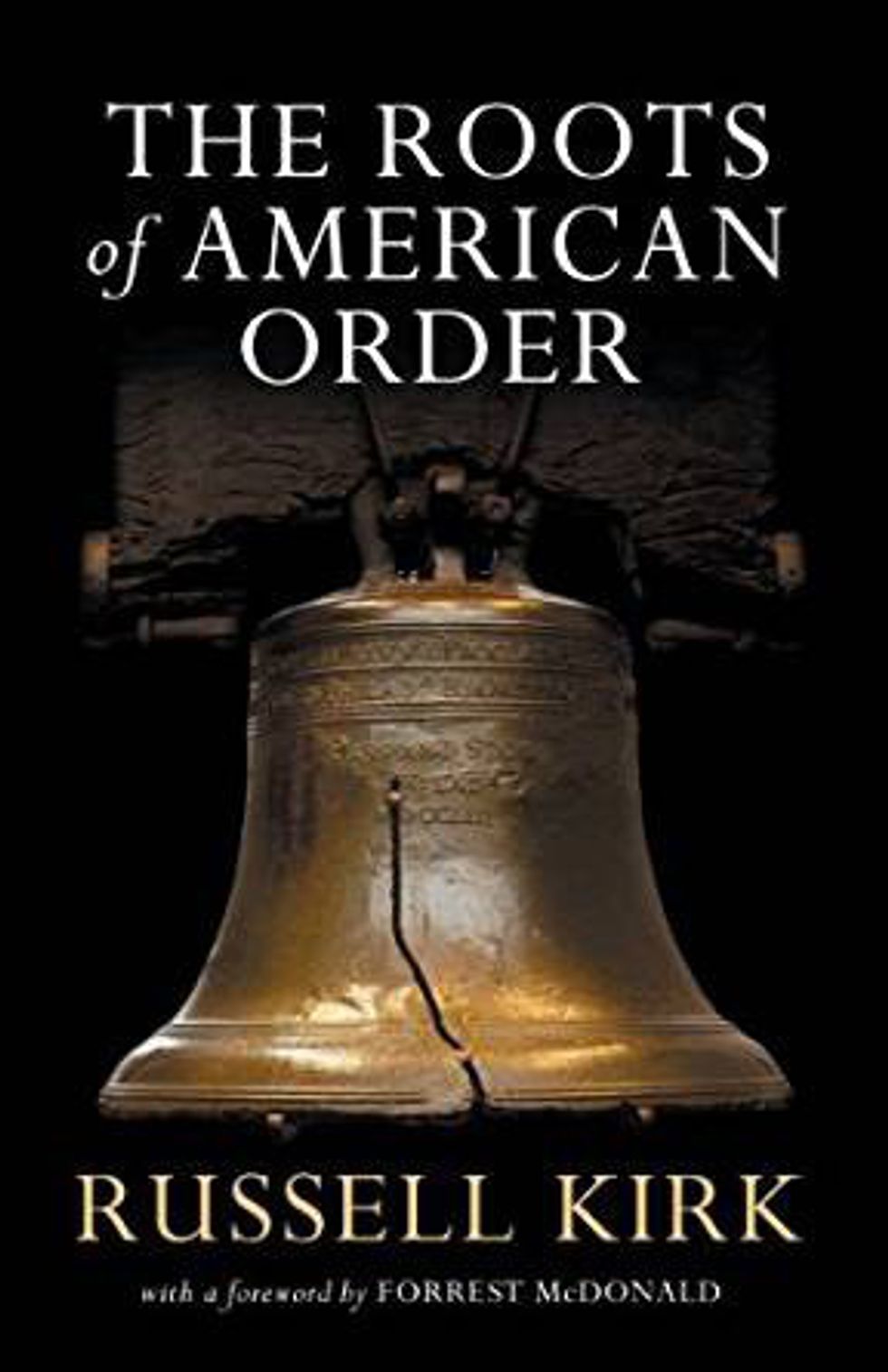If we view history as a flowing, constanty shifting river, it is important to teach and be taught in a way that is conducive to that. Despite what many modern curriculum-makers would have people believe, the intellectuals have shaped the world and the directions it has taken. Many of them have been misinterpreted for a long time, and their importance is vastly understated. In this article, I have listed 25 books that present the world's intellectual history from its beginning to the birth of postmodernism.
But let's start with the ones that don't make the cut. Creating a list like this is incredibly difficult, because the list could easily be 100 books long. The list of books I considered, that didn't make their way onto the final list, is far more than double the size of the final list itself. The fact that they missed the cut does not make them unimportant. In fact, many people would consider some of the books I left off as more important than the ones I included. That stated, here are some
honorable mentions:
"Lord of the Rings" by JRR Tolkien, "The Saga of the Volsungs," "The Nibelungenlied," the libretto to Wagner’s "Ring Cycle," "Faust" by Van Goethe, Plato’s "Republic," everything by Aristotle, "City of God" by St. Augustine, "Birth of Tragedy" by Nietzsche, "Lectures on Calvinism" by Abraham Kuyper, "Moby Dick" by Herman Melville, "Reflections on the Revolution in France/On the Beautiful and the Sublime" by Edmund Burke, "The Histories" by Herodotus, "History of the Peloponnesian War" by Thucydides, "The Annals" by Tacitus, "History of the English Speaking People" (abridged) by Winston Churchill, "History of the Kings of Britain" by Geoffrey of Monmouth, "The Second World War" (abridged) by Winston Churchill, "The Chronicles of Narnia" by C.S. Lewis, and many, many more.
Without further ado, let's take a look at the list!
1. "How to Read a Book"
Written by Mortimer Adler
This is the most important book ever written about reading methods. It comes first because it should influence the way that the rest of these books are read. It's an important reminder that reading is much more active than just following lines on a page. Reading is about learning, and learning is about influencing. Fun fact: in the back of this book, there's a list of books they believe everyone should read in their lifetimes, and it's probably more than 200 books long.
2. "The Bible"
Written by Many, Many Authors
Regardless of someone's religious or anti-religious dispositions, there's no question that the Bible is the single most important book in history. If you're a Christian, it's the foundation of everything. If you're not, then it's the foundation of many peoples' worldview, including a large number of people who determined world history. There is no denying that the Bible is the most important literary work on its own terms up through the founding of America, and arguably even until the 20th century, when Darwinian thought, bulldogged by Thomas Huxley, finally wrestled the culture to a standstill.
3. "The Iliad/The Odyssey"
Some people might find it a cop out to include two books in one slot. To those people, I say two things: first, this is not the last time I do this; second, The Iliad and The Odyssey are the same work at different times. The entire foundation for what happens the Odyssey is in Troy. Odysseus goes to the underworld in The Odyssey and talks to Agamemnon, Achilles, and others, most of whom regret ever engaging in the war in the first place. The Iliad is Greek culture; The Odyssey is Greek philosophy. The two works are inseparable.
4. "The Aeneid"
The Aeneid is to Latin civilization what The Iliad and The Odyssey were to the Greeks. At the same time, it's so much more. As a piece of poetry, The Aeneid is probably even superior to Homer's duology, and apparently, Virgil died while still in the arduous process of writing his epic. The Aeneid sets the stage for everything that comes after it, including, as we shall see, the popularity of claiming that popular civilizations came from Troy instead of Greece.
5. "The Oedipus Trilogy"
Here is the granddaddy of all philosophical fiction. Oedipus Rex is the originator of what Charlie Kaufmann refers to as "existential horror," where the horror is in Oedipus truly discovering himself. Oedipus at Colonus and Antigone both serve as a narrative of existentialist thought. It's true that most of the philosophy that houses itself in the world today started with Ancient Greece.
6. "Euthyphro/Apology/Crito"
The full length of these three dialogues is about 70 pages total. Still, these 70 pages are jam packed with Socratic pestering, Socratic hypocrisy, and legitimate philosophical questions. The most important of these questions is the Euthyphro problem: "Is something good because God says it is, or does God say it is good because is is good intrinsically?" Every philosopher has taken a crack at this question sometime in their career, and, like most things, it started in Greece.
7. "Timaeus"
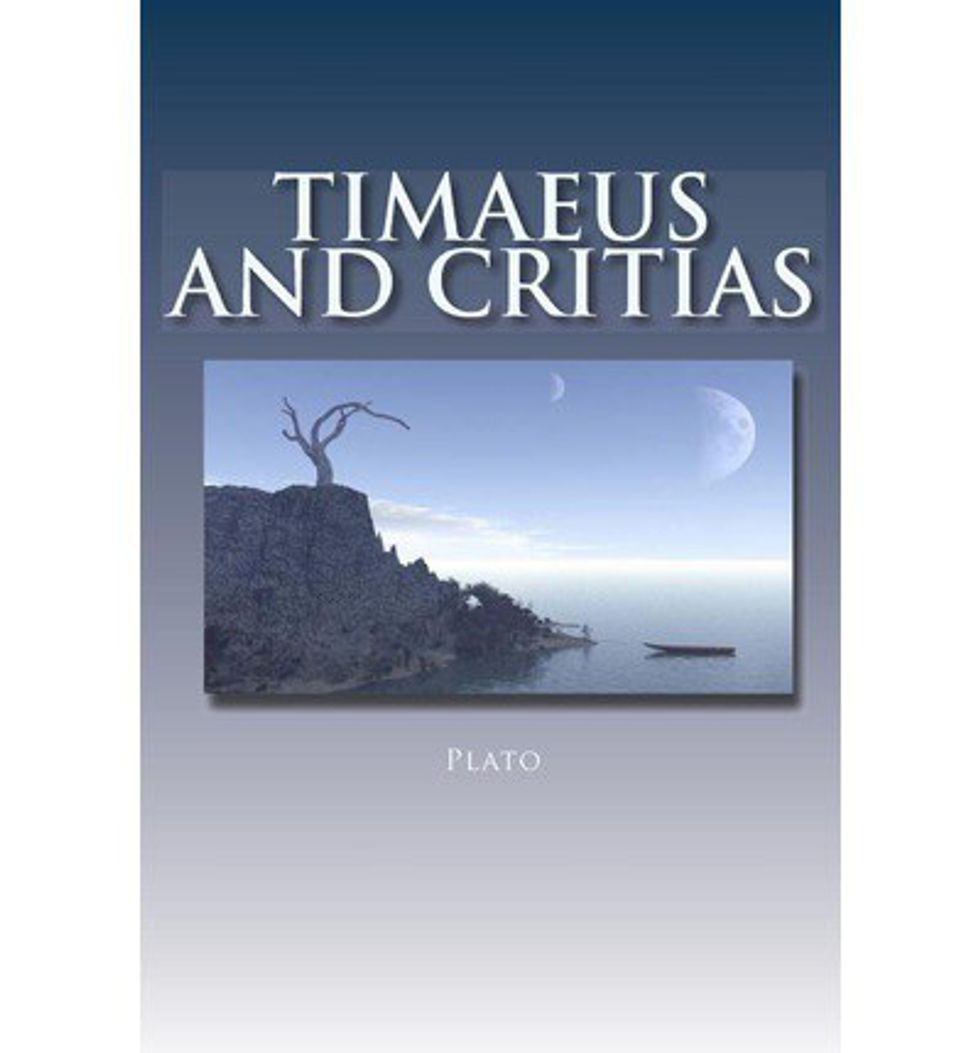 Written by Plato
Written by PlatoMost people will cite Plato's Republic as the most important of Plato's dialogues, and there is certainly a case to be made that it is. However, relying upon the dialogues that later authors rely on, it appears that Timaeus is actually the most influential. It's a perfect mix of theory and philosophy, and includes some extremely outdated philosophy. However, the fact that Plato basically imitates some of Hebrews from the New Testament (400 years before Hebrews was written, no less) makes it a fascinating as well as valuable read.
8. "Politics"
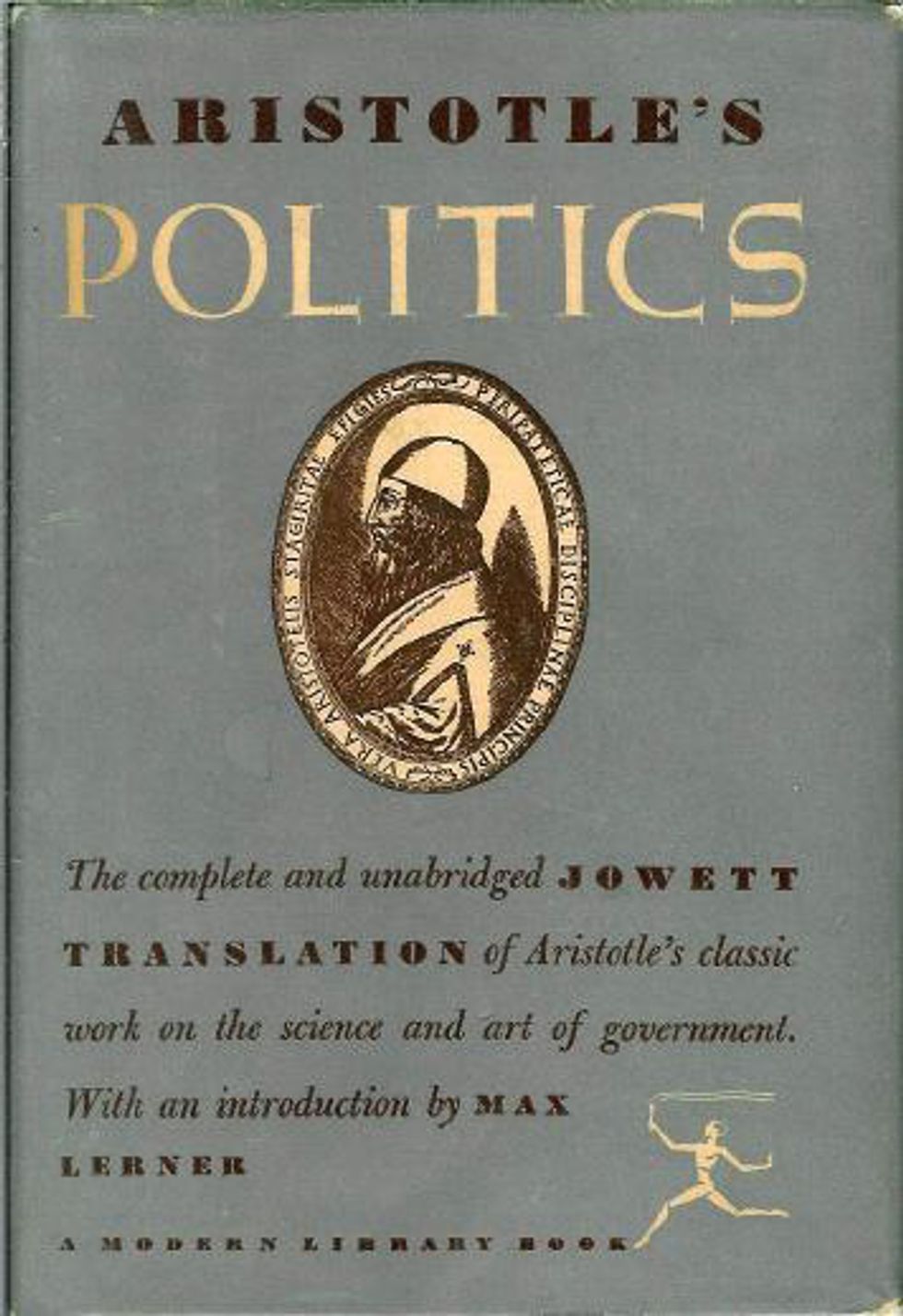 Written by Aristotle
Written by AristotleWhen discussing the major political works, Plato's Republic and Laws tend to get the most credit. But in discussion the foundation of the American government, there's no question that Politics is the most important political work from Ancient Greece. If anything, Plato's Republic and Laws would have been the guide of how not to start a government. Interestingly enough, Plato would be given a shot at establishing his government in Syracuse under Dion. It was a failure, and Plato was subsequently exiled.
9. "Poetics"
This is the most important work of literary theory ever written. Aristotle lays out several important literary principles such as "the inciting incident," a piece of fiction having a distinct beginning, middle, and end, plot simplicity, and the importance of plot, characters, and setting over what we would now refer to as visual effects. Every storyteller should read this book to help them tell their stories, and everyone who wants to learn discernment on what makes a story good, oughta' check this one out, too.
10. "On the Republic/The Laws"
So, remember when I just said that the most important political work to come out of Greece was Aristotle's Politics? Well, the most important political work to come out of Rome was Cicero's "On the Republic," followed closely by "The Laws." In fact, America was modeled largely after Rome's early days. The difference? The law established by the American forefathers was more reliant on Scriptures than culture, as Rome's was. For more on this, read Gibbon's "The Decline and Fall of the Roman Empire."
11. "Plutarch's Lives"
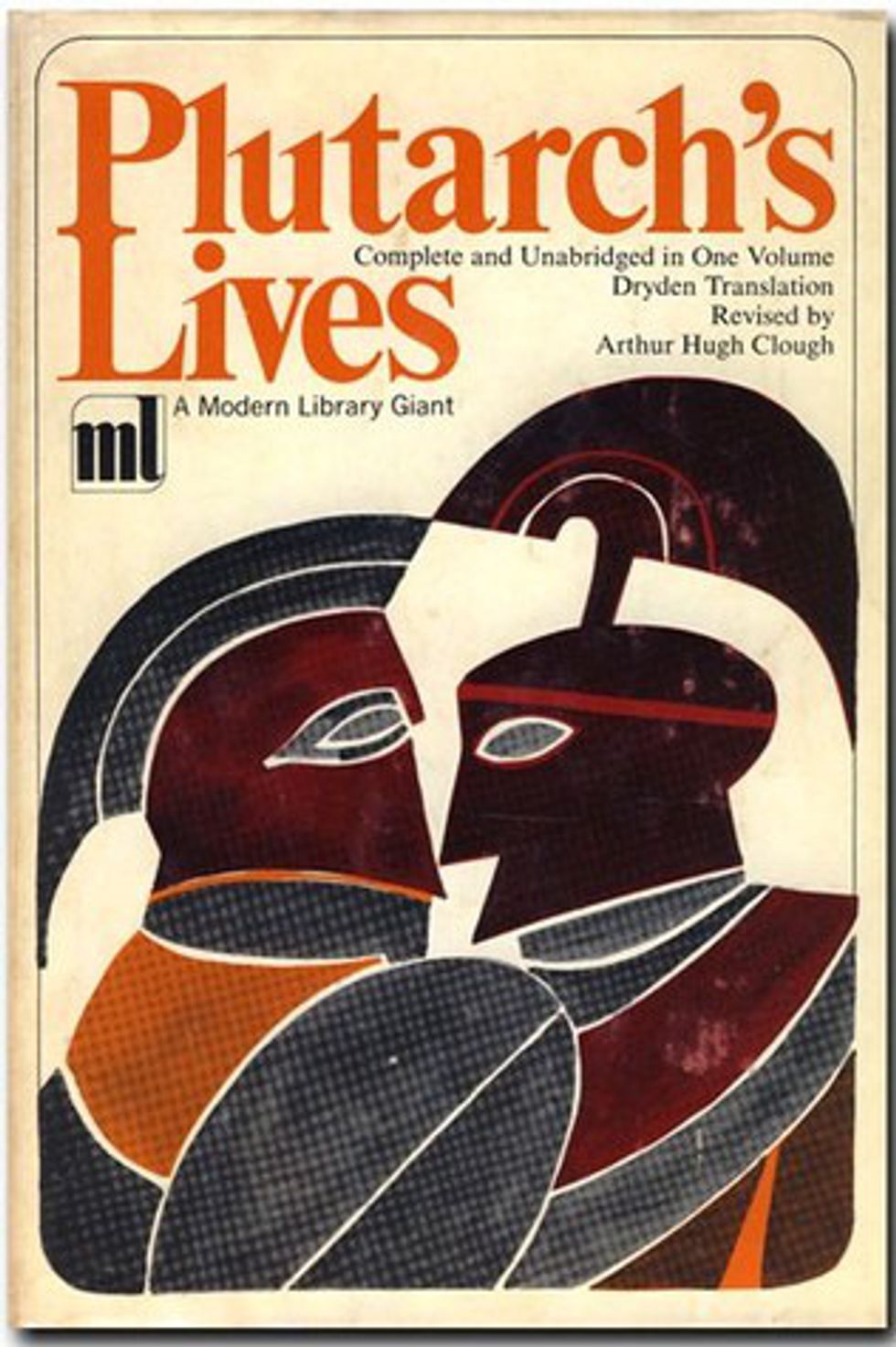 Written by... Plutarch...
Written by... Plutarch...It's well known that America's greatest president, George Washington, modeled himself after many of Plutarch's characters. That's reason enough to want to read Plutarch. "Cato" was a favorite among the Founding Fathers. So much so, in fact, that when Washington and his men were trapped at Valley Forge, it was Joseph Addison's play "Cato" that Washington used to inspire his troops. "Cato," of course, is one of Plutarch's many lives.
12. "Confessions"
I was hesitant to put "Confessions" on its own and almost included "On Genesis" here, for the sole reason that "On Genesis" really completed Augustinian thought. Then I realized that no one would make it through "On Genesis," so I stuck to "Confessions." Augustine's most famous work is what happens when Greek philosophical tradition, a la Plato, is melded with Christian thought: a dialogue where man prays, leaving God to respond through His actions in the world.
13. "Consolation of Philosophy"
Written by Boethius
If "Confessions" is the most popular work of Augustinian thought since "The Bible," "Consolation of Philosophy" is that most popular Christian work of pure philosophy. Books that would come later, such as Aquinas' "Summa" or Calvin's "Institutes," would be more theology than philosophy. As for "Consolation of Philosophy," the theology is mostly incidental.
14. "Cur Deus Homo"
Cur Deus Homo is the greatest work of Christian thought ever written. It's not as expansive as Aquinas, and not as answerless as Augustine. Instead, it's a short treatise on proving why God became man without having to rely on Scripture. R.C. Sproul talks about how Middle Age theologians considered theology the queen of science with philosophy as her handmaiden. Cur Deus Homo nails this dual nature more effectively than anyone before or since.
15. "The Power of God"
There is no question that Aquinas' "Summa" is the most important Christian work of all time besides "The Bible." The "Summa" is a great read, too, if you never want to read anything else. "The Power of God" is similarly structured and covers many of the same topics in about 6,000 fewer pages. So, in a way, it's a lesser "Summa."
16. "The Divine Comedy"
This is the greatest book ever written by a non-inspired author. Its importance cannot be overstated.
17. "The Civilization of the Renaissance in Italy"
Are there better, more extensive, more historically accurate accounts of the Renaissance out there? Yes. Are there more fun ones? Not so much. I've been told that Burkhardt gets a lot of stuff right (and a few things wrong), but the thing that makes him s fantastic is his willingness to commentate on the things that the Renaissance-era Italians did wrong and apply those thoughts to his present day.
18. "Selections of The Institutes"
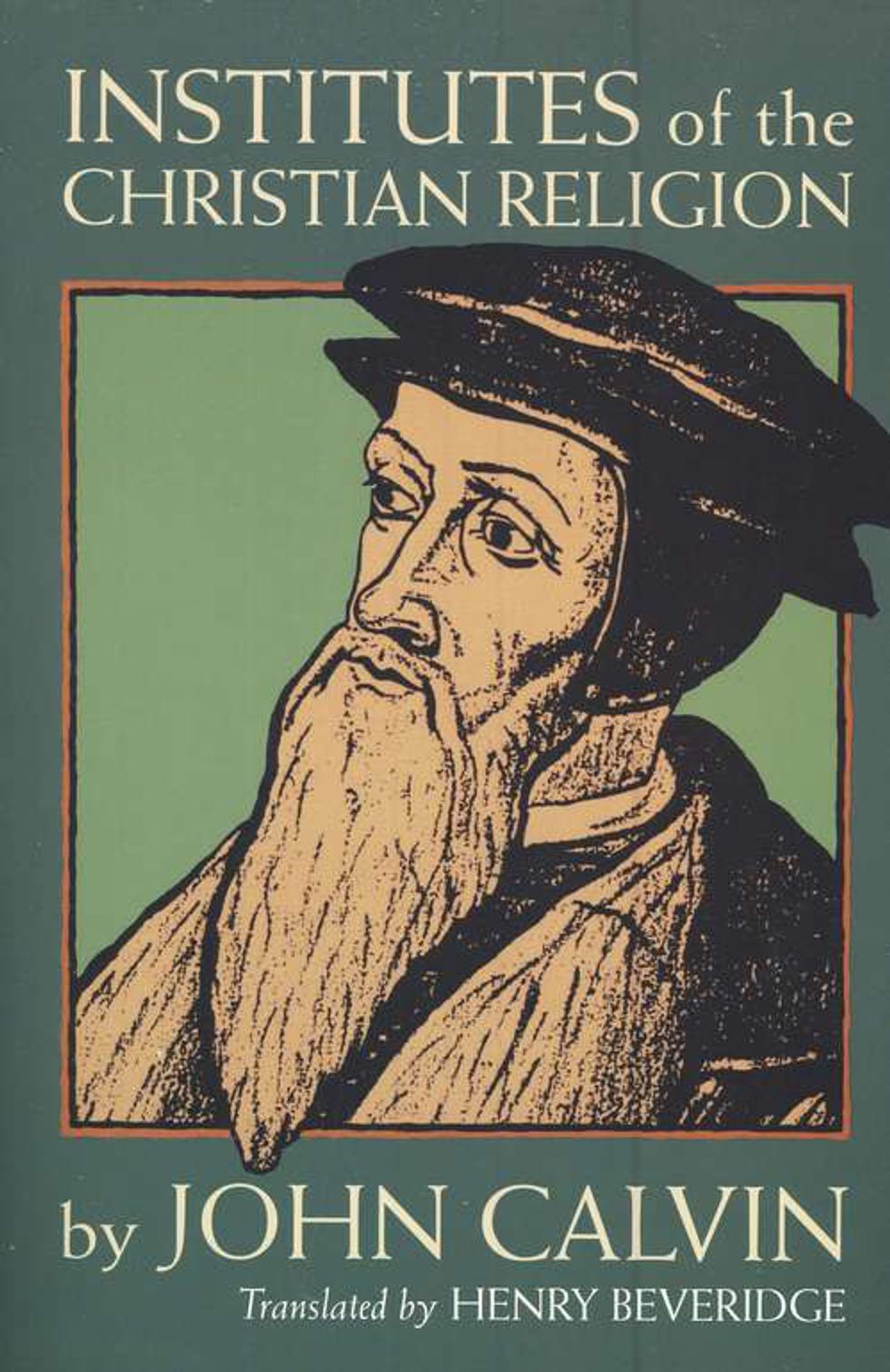 Written by John Calvin
Written by John CalvinThe Institutes is the seminal work of the Reformation, regardless of your theological leanings. Like the Renaissance, the Reformation is too broad to ever really get the full scope without studying it in depth. But The Institutes of the Christian Religion is a great piece of work to start with, and fully discusses the differences between the Catholic Church and the theologians of the Reformation.
19. "The Second Treatise on Government"
Locke's second treatise on government often gets oversold in terms of its importance to the American Revolution and Constitution. It isn't as important as Montesquieu or "The Bible," but it still adds a lot to the modern political theory, and is important for that reason. Just don't look for it to be the photo-American governmental treatise that people often say it is.
20. "The Spirit of the Laws"
Partially due to its nearness to the American Revolution, and partially due to the fact that it's reliant on Christian thought, "The Spirit of the Laws" is the most important modern political work in the history of America. It holds two important distinctions over Locke's "Second Treatise:" first, that it is far more interesting and stylistically polished, and second, that it was quoted by the Founding Fathers at the Constitutional Convention more than any book not named "The Bible."
21. "The Federalist Papers"
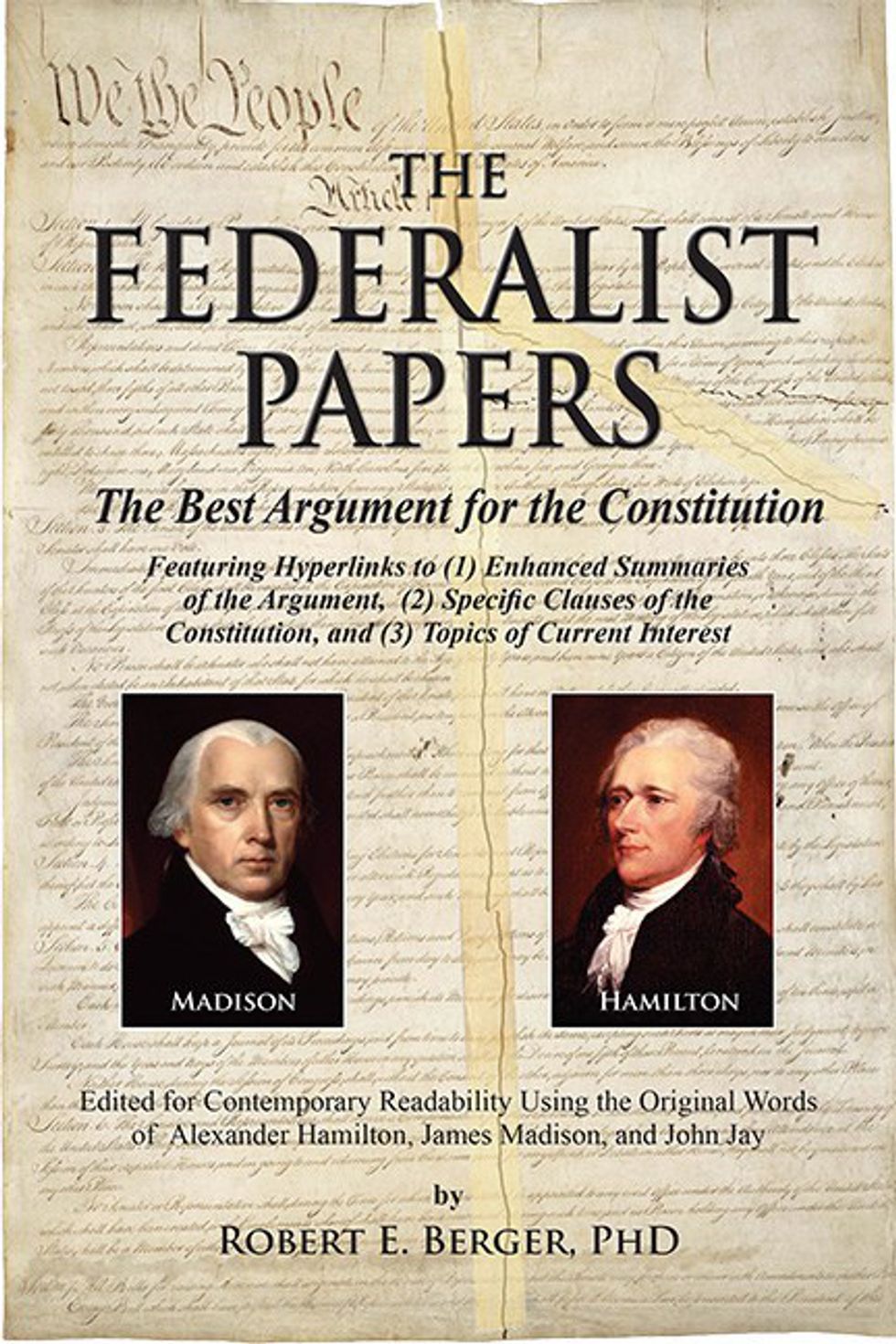
Written by James Madison, John Jay, and Alexander Hamilton
Don't believe me in terms of who inspired the Founding Fathers? Well, you can read it from their own mouths in "The Federalist Papers" (among other sources). Many of their arguments for the Constitution sound similar to things that Aristotle and Cicero argued almost 2000 years before their existence. Plus, these articles ratified the... you know... Constitution, which is kind of a big deal.
22. "Democracy in America"
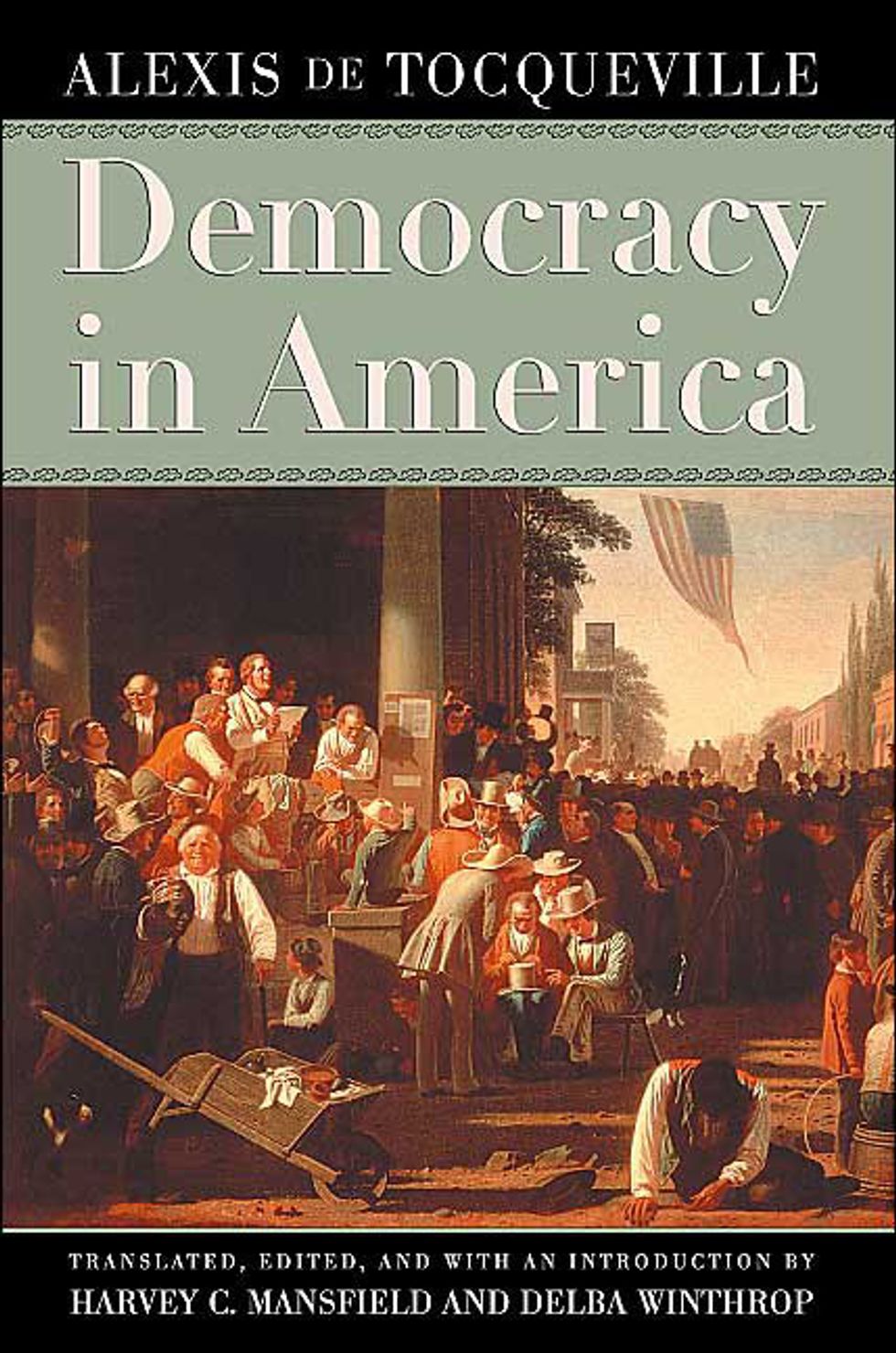
The authors of "The Bible" are the only authors to ever be inspired, but sometimes, it sure seems like de Tocqueville is some kind of prophet. He makes some fascinating and important observations about American civilization and government. He also warned us that if we didn't change some things, we'd find ourselves in trouble. Well, we didn't change anything, and now we find ourselves in trouble...
23. "The Brothers Karamazov"
The greatest novel ever written, "The Brothers K" is a mix between philosophy, cultural/religious criticism, and a murder mystery/courtroom drama. It is, at its heart, though, the story of a supremely dysfunctional family and the relationships between the individual members and the people that they interact with. If I had a list of only 10 books, this one would definitely be on there.
24. "Existentialism is a Humanism"
"Existentialism" is a 20th century addition to the catalogue of historical philosophies. Often considered difficult to understand, Sartre's long essay is the most straightforward explanation of a complicated philosophy. Given the influence of "Existentialism" on American history, this book is a must-read for anyone who wants to understand the current culture.
25. "The Roots of American Order"
Let's say you've read the previous 24 books in addition to everything you've read in your life, but you can't quite see how everything falls together. Have no fear! Russell Kirk is here to fill in the blanks! Kirk tracks the history of Americanism, starting in Ancient Greece, leading up to the present day. But starting here would be cheating! So read the others first!






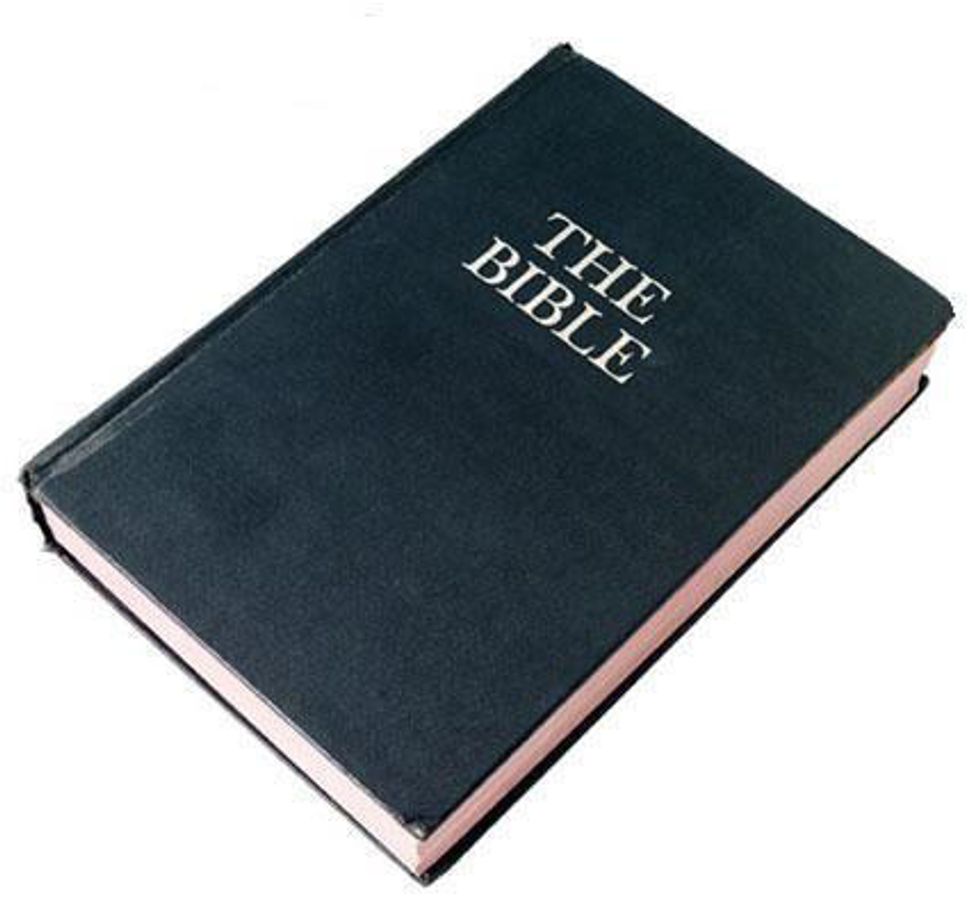
 Written by Homer
Written by Homer